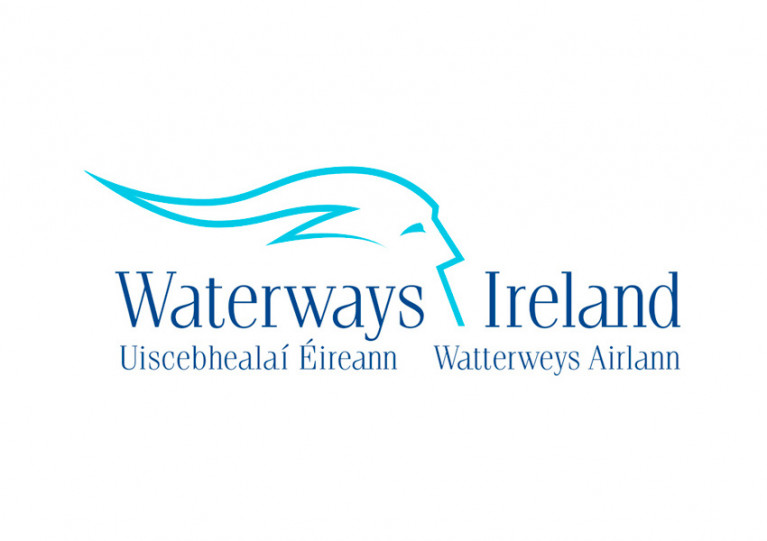Displaying items by tag: Level 5
Waterways Ireland Shuts Service Blocks, Locks & Bridges Amid Nationwide Level 5 Restrictions
Waterways Ireland has temporarily closed service blocks across its all-island network of inland waters as of today, Thursday 22 October.
The move is in line with the latest coronavirus control measures announced by both the Northern Ireland Executive and the Irish Government.
Pump-out facilities remain available for use but owners must ensure that travel to these facilities is done in a responsible manner, minimising the amount of essential movement out on the water.
In the Republic of Ireland, all service blocks, locks and bridges are closed for at least the next six weeks.
Waterways users on both sides of the border are advised that no unnecessary travel should be undertaken at this time.
Boaters in the Republic of Ireland are additionally reminded that essential travel and exercise is only permitted up to 5km from home.
Travel further than 5km to check on vessels moored on the navigation is expressly prohibited until further notice.
The five-day mooring rule suspension on the Shannon Navigation and Shannon-Erne Waterway has been extended to 31 October with no additional cost.
Towpath users are also reminded of the need to observe social distancing and other Level 5 restrictions.
Waterways Ireland’s message to all waterways users continues to be ‘please stay at home’.






























































